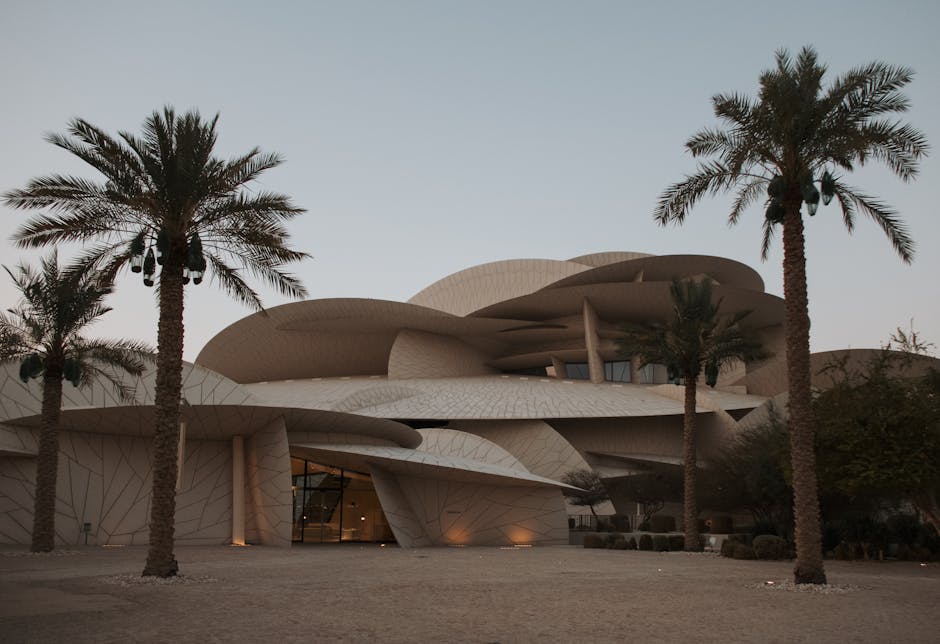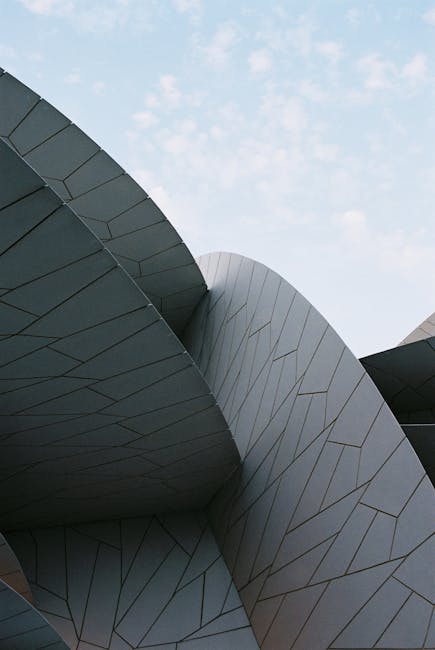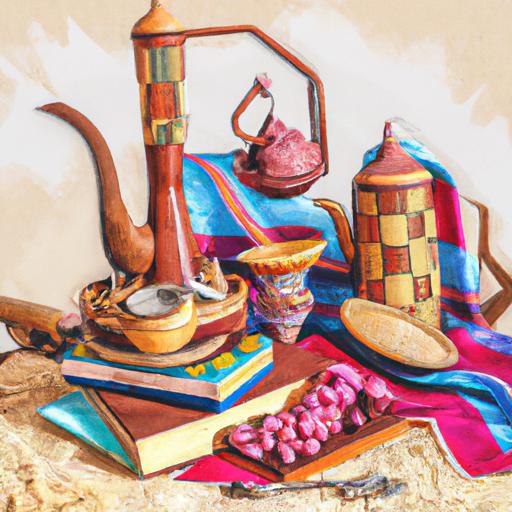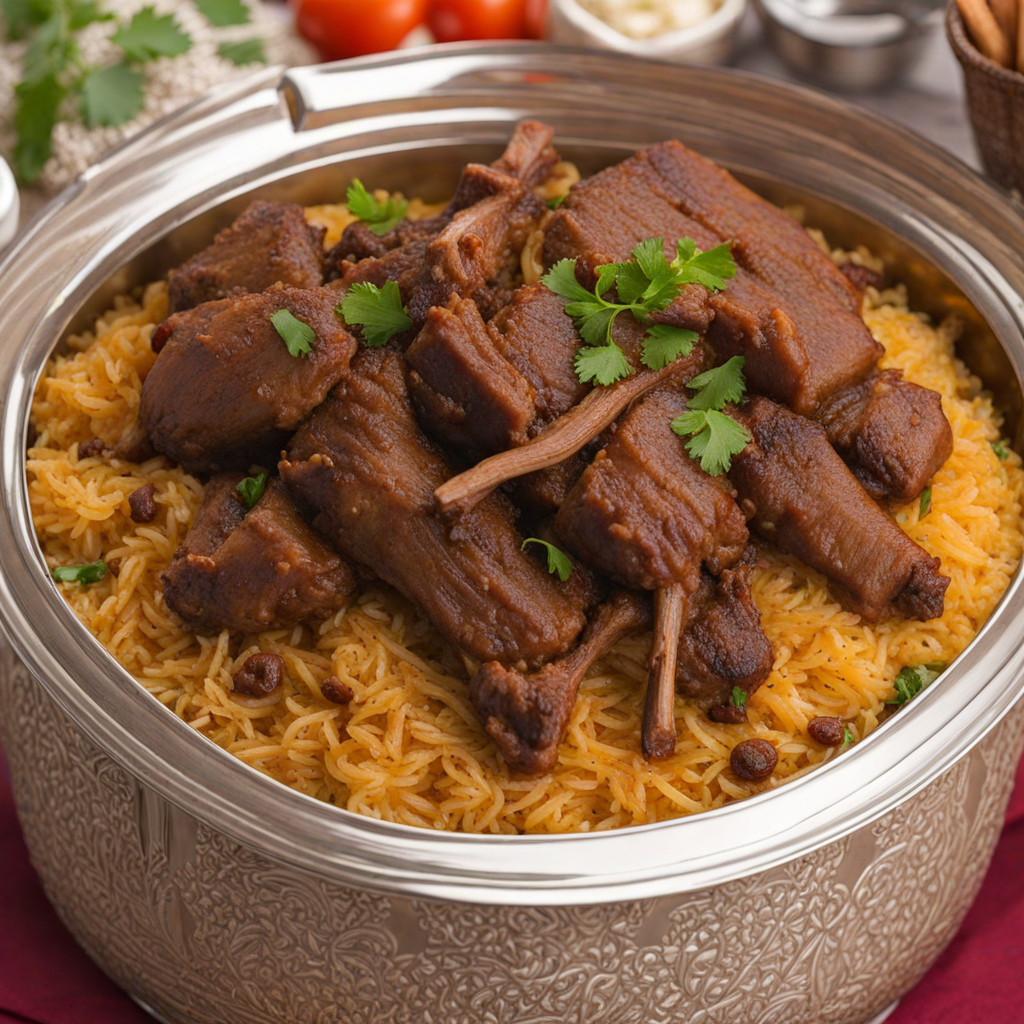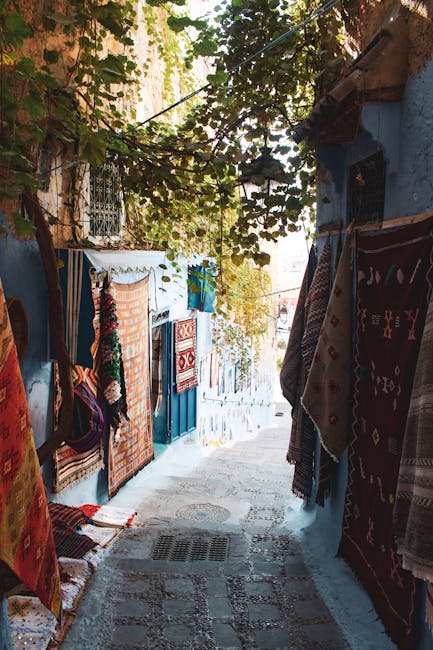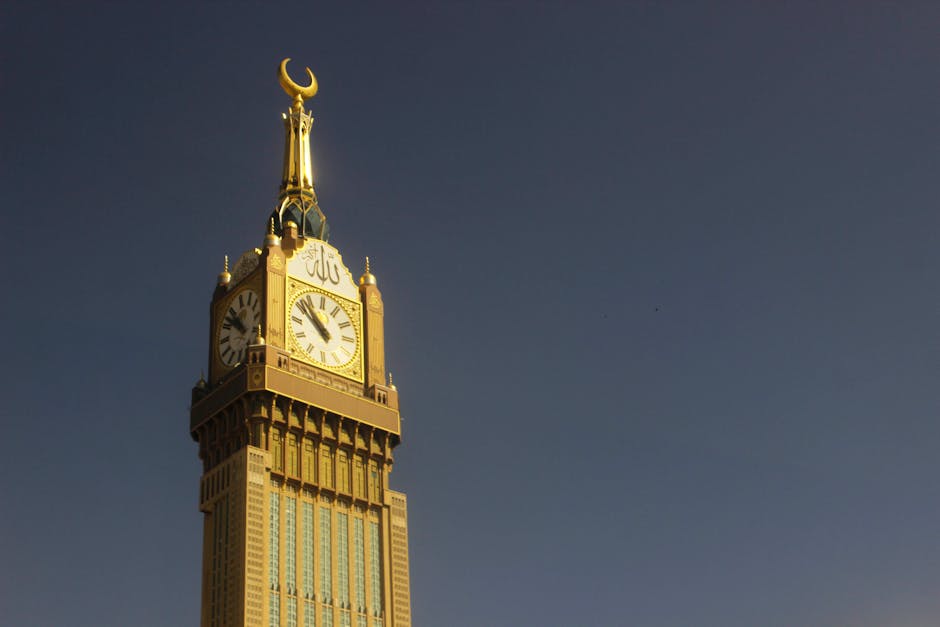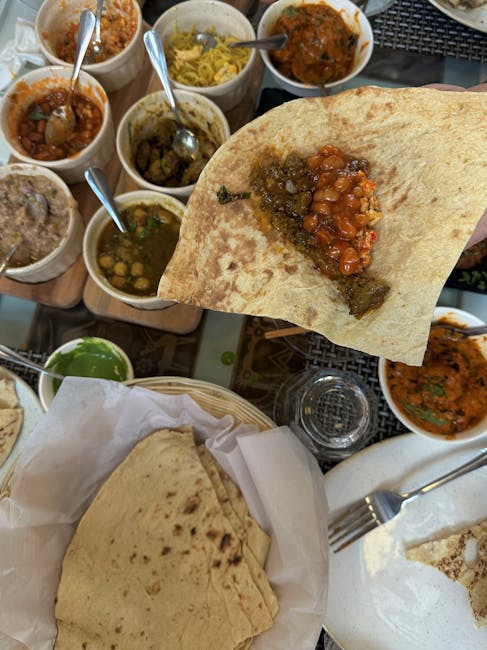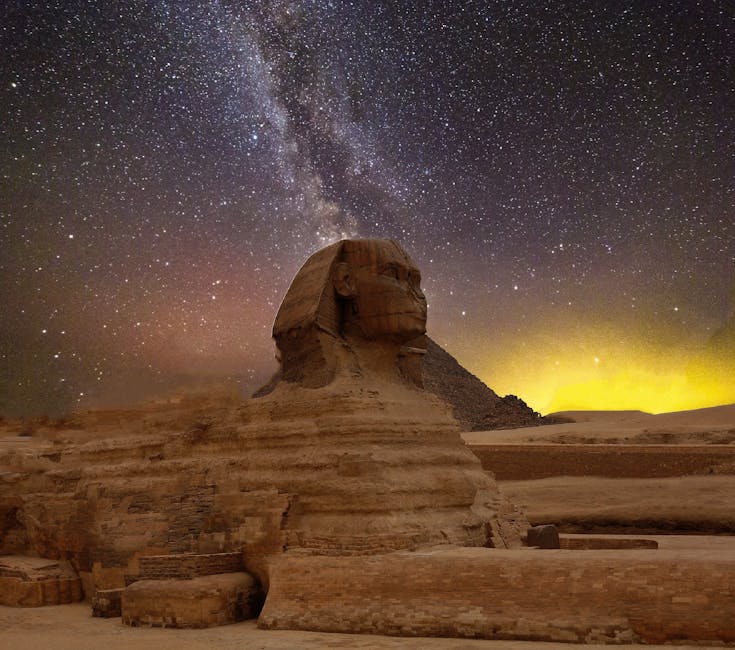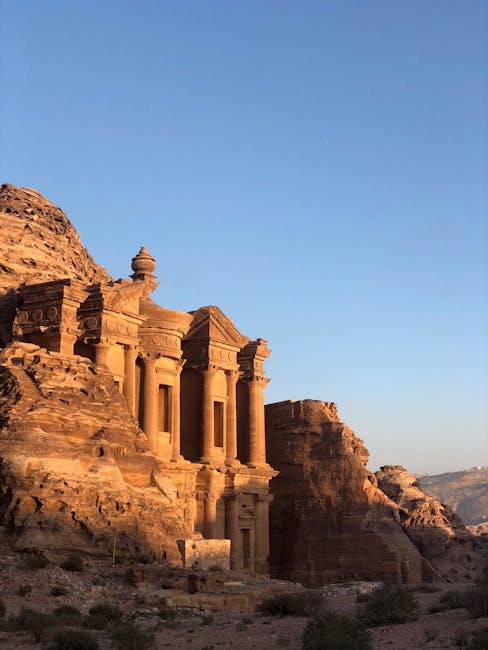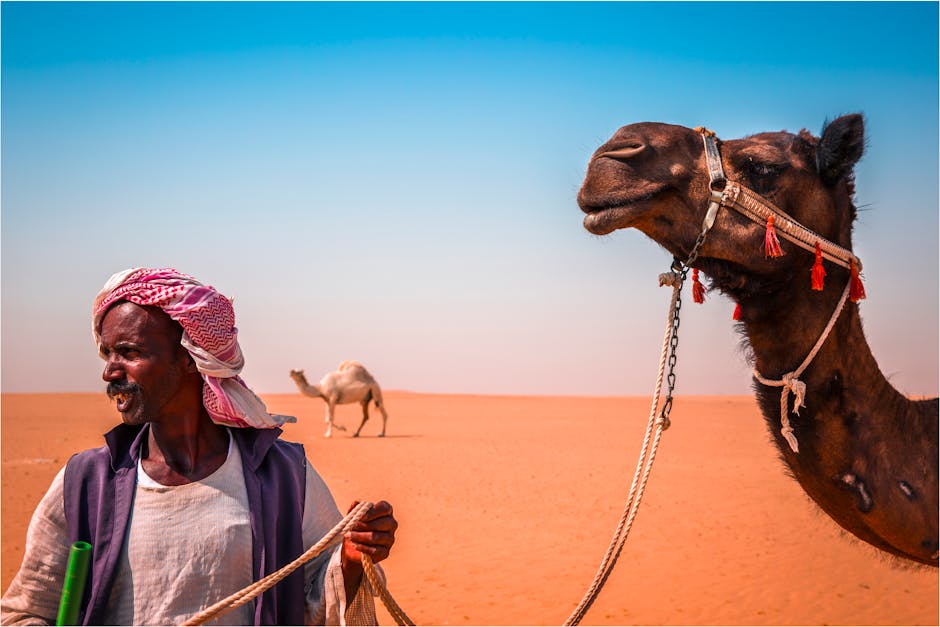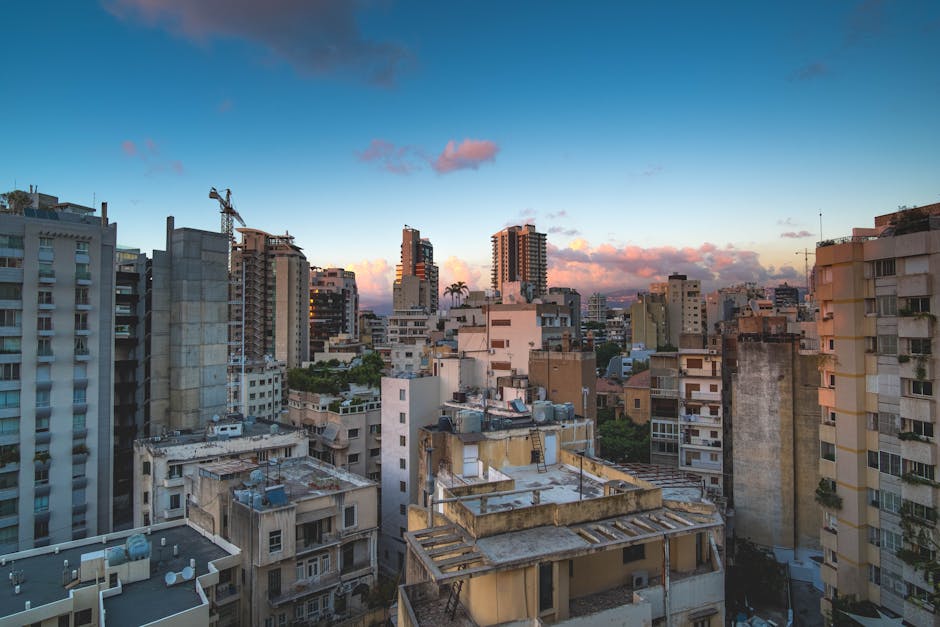Qatar
Overview
Katar Hakkında Genel Bilgi
Katar, Orta Doğu'da, Arap Yarımadası'nın doğu kıyısında yer alan küçük ama etkileyici bir ülkedir. Başkenti Doha olan Katar, zengin petrol ve doğalgaz rezervleri sayesinde hızla gelişmiştir. Ülke, modern mimarisi, lüks alışveriş merkezleri ve kültürel zenginlikleri ile dikkat çekmektedir.
İklim ve En İyi Zaman
Katar, çöl iklimine sahip olup, yaz aylarında sıcaklıklar 40°C'ye kadar çıkabilir. Bu nedenle, en iyi ziyaret zamanı kış aylarıdır (Kasım'dan Mart'a kadar). Bu dönemde hava daha serin ve rahattır. Ayrıca, bu dönemde çeşitli festivaller ve etkinlikler de düzenlenmektedir.
Kültürel Zenginlikler
Katar, tarihi ve kültürel mirası ile zengin bir ülkedir. İslam Sanatları Müzesi ve Doha Kalesi gibi önemli turistik noktalara ev sahipliği yapmaktadır. Ayrıca, geleneksel pazarlar (Souq) ve modern sanat galerileri, ziyaretçilere farklı deneyimler sunar.
Yemek Kültürü
Katar mutfağı, Orta Doğu'nun lezzetlerini yansıtır. Ziyaretçilere sunulan çeşitli yemekler arasında kabsa (baharatlı pirinç yemeği), shawarma (dondurulmuş et sarma) ve hummus (nohut ezmesi) öne çıkmaktadır. Ayrıca, yerel restoranlarda taze deniz ürünlerini de denemeyi unutmayın.
Ulaşım
Katar'da ulaşım oldukça kolaydır. Başkent Doha'da modern bir toplu taşıma sistemi bulunmaktadır. Doha Metro ile şehri keşfetmek mümkündür. Ayrıca, taksi ve araç kiralama seçenekleri de mevcuttur.
Güvenlik ve Misafirperverlik
Katar, genel olarak güvenli bir ülke olarak bilinir. Yerli halk, misafirperver ve dost canlısıdır. Ziyaretçiler, kültürel değerlere saygı gösterdikleri sürece, Katar'da güzel bir deneyim yaşayacaklardır.
Katar, modern yaşam ile geleneksel kültürü harmanlayan bir destinasyondur. Ziyaretiniz sırasında bu güzel ülkenin sunduğu farklı deneyimleri keşfetmeyi unutmayın!
A Glimpse into the Past
Qatar, a small yet influential nation on the northeastern coast of the Arabian Peninsula, boasts a rich tapestry of history that intertwines with its rapid development into a modern state. The country’s history is marked by its strategic location, cultural heritage, and economic transformation, making it a fascinating destination for travelers seeking to explore its past and present.
The Early History
Qatar's history can be traced back to ancient times, with evidence of human habitation dating back to the Stone Age. The peninsula was inhabited by nomadic tribes, primarily the Banu Tamim and the Al Khalifa, who relied on fishing, pearl diving, and trade. The region's proximity to the trade routes connecting the Arabian Gulf with Persia and Mesopotamia established Qatar as a vital trading post.
During the Islamic Golden Age in the 7th century, Qatar became part of the Rashidun Caliphate. The island of Al Zubara, established in the 18th century, emerged as a significant trading hub. The ruins of Al Zubara, now a UNESCO World Heritage site, offer travelers a glimpse into the region's historical significance, with its well-preserved fortifications and archaeological remains showcasing the life of merchants and traders who once thrived there.
The Rise of the Al Thani Family
The modern history of Qatar largely began in the mid-18th century when the Al Thani family settled in the region. In 1765, Sheikh Mohammed bin Thani established the Al Thani dynasty, which continues to rule Qatar today. The family's leadership marked the beginning of a more organized governance structure, leading to the establishment of trade networks and the development of local economy.
In 1867, Qatar became a protectorate of the British Empire, which provided military protection while allowing local rulers to maintain a degree of autonomy. This relationship was crucial in shaping Qatar's political landscape, as it marked a period of stability that facilitated economic growth through trade, especially in pearls. The flourishing pearl industry attracted merchants from across the Gulf, making Doha a bustling center of commerce.
The Discovery of Oil
The discovery of oil in the 20th century transformed Qatar's economy and societal structure. In 1939, oil was first extracted, but it wasn't until the 1950s that production significantly increased. This newfound wealth allowed for massive investments in infrastructure, education, and healthcare, radically altering the landscape of the country.
Travelers can explore the legacy of this oil boom in the modern architecture of Doha, where skyscrapers and luxury hotels rise alongside traditional souqs and mosques. The Doha Corniche, a picturesque waterfront promenade, symbolizes this transformation, offering stunning views of the city skyline and the Arabian Gulf.
Qatar's Independence
Qatar's journey towards independence began in the mid-20th century. In 1971, amid a wave of decolonization across the region, Qatar officially gained independence from Britain. Sheikh Khalifa bin Hamad Al Thani became the emir, laying the groundwork for the nation’s development. Under his leadership, Qatar invested heavily in education and healthcare, significantly improving the quality of life for its citizens.
The establishment of the Qatar University in 1973 marked a significant milestone in advancing education in the country. Today, it serves as a key educational institution, attracting students from across the region and beyond.
The Al Jazeera Effect
In 1996, Qatar launched the Al Jazeera news network, which quickly gained international acclaim for its bold and independent journalism. Al Jazeera not only reshaped the media landscape in the Arab world but also positioned Qatar as a significant player on the global stage. The network's headquarters in Doha is a point of interest for visitors, who can appreciate the role it has played in regional politics and media.
The Modern Era
Qatar has continued to evolve rapidly in the 21st century, characterized by an ambitious vision for the future encapsulated in the Qatar National Vision 2030. This vision aims to diversify the economy beyond oil and gas, focusing on sectors such as education, healthcare, and tourism. The nation's investment in infrastructure has led to the development of iconic structures, such as the Qatar National Museum and the Katara Cultural Village, which celebrate the nation's heritage and promote cultural exchange.
Visitors to Qatar can immerse themselves in the rich cultural tapestry through various events and festivals, including the Doha Film Institute and the Qatar International Food Festival. These events showcase the country's commitment to the arts and cuisine, making it an attractive destination for cultural travelers.
Sports and Global Recognition
Qatar's ambition to host global events has also positioned it as a sports hub in the Middle East. The country is set to host the FIFA World Cup 2022, marking the first time the tournament will be held in the Arab world. This monumental event has spurred extensive infrastructure development, including state-of-the-art stadiums and transportation systems, enhancing the travel experience for visitors.
Stadiums like the Education City Stadium and Lusail Iconic Stadium are architectural marvels that reflect Qatar’s commitment to excellence in sports. The country has invested heavily in sports facilities, making it a prime destination for athletes and sports enthusiasts from around the globe.
Cultural and Heritage Sites
For travelers interested in cultural heritage, Qatar offers numerous sites that reflect its history and traditions. The Souq Waqif is a vibrant marketplace where visitors can shop for spices, textiles, and handicrafts while enjoying traditional Qatari cuisine at local eateries. The Msheireb Museums, located in the heart of Doha, provide insights into the country’s history, showcasing artifacts and exhibitions that narrate the story of Qatar’s development.
The Sheikh Faisal Museum is another must-visit for history buffs, housing a vast collection of artifacts that span Qatar's history, from ancient relics to Islamic art. These cultural landmarks offer travelers a deeper understanding of the nation’s heritage and its evolution over the centuries.
In conclusion, Qatar's history is a remarkable blend of tradition and modernity. From its early tribal roots and the rise of the Al Thani family to its transformation into a global hub of trade, culture, and sports, the nation offers a unique travel experience. With its rich historical sites, vibrant cultural scene, and ambitious future, Qatar stands as a testament to the resilience and vision of its people. Each visit provides an opportunity to explore its past while embracing the dynamic spirit of its present.
Top cities for tourists in Qatar
Discover the Famous Cities That Might Captivate Your Interests
Must-Try Foods You Can't Afford to Miss
Indulge in a Variety of Fantastic Foods During Your Stay in Qatar
May Be Your Next Destinations
People often choose these countries as their next destination


